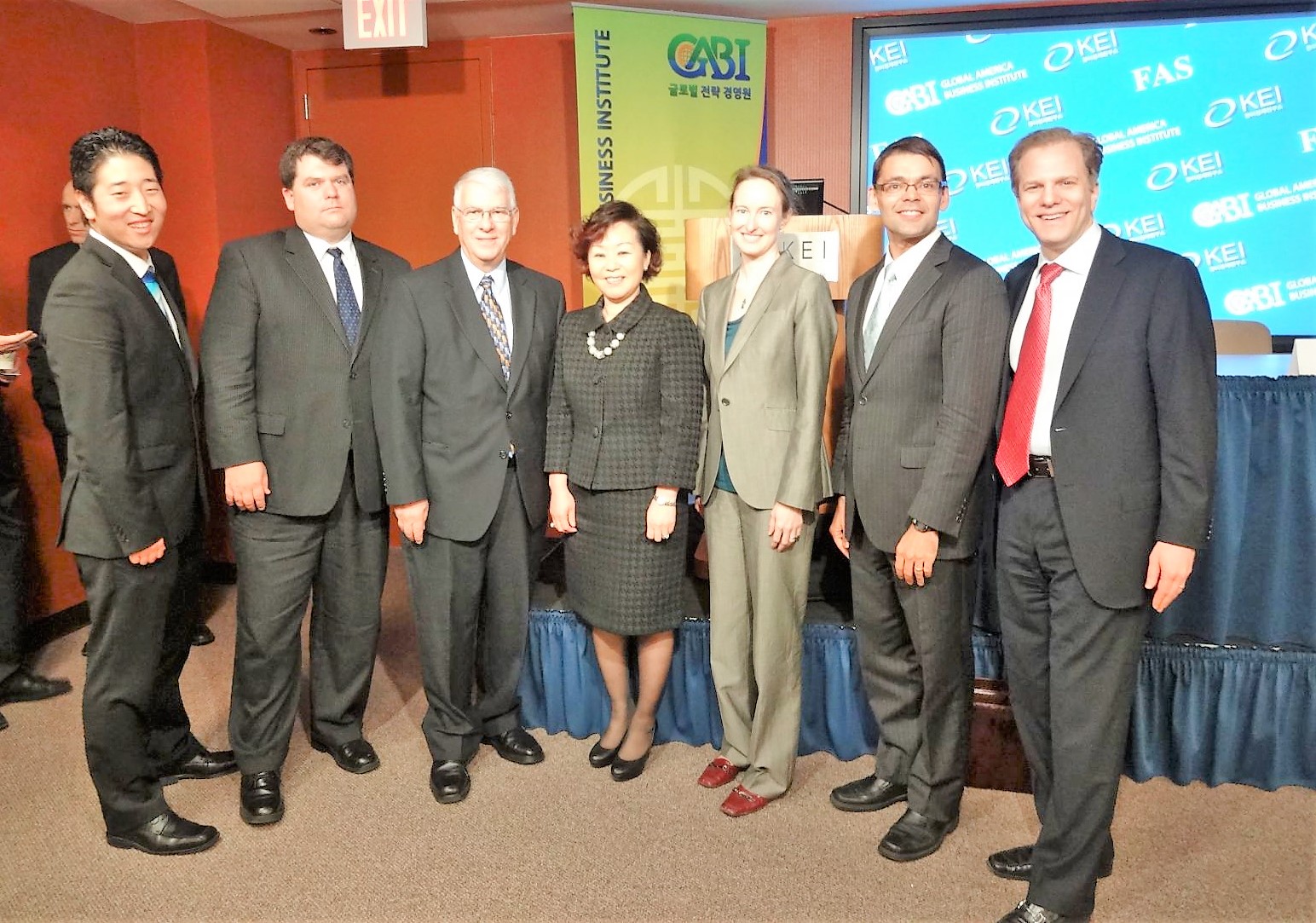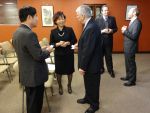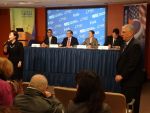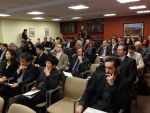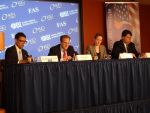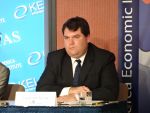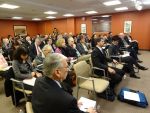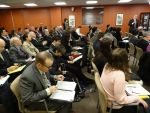Former State Department Spokesman Philip Crowley coined the term “gold standard” in August 2010 in discussing the US-UAE 123 agreement. Since that time, the gold standard has come to refer to state commitments to renounce enrichment and reprocessing (ENR) within national territories. There have been considerable disputes within Washington on whether to universally require a provision forswearing domestic ENR facilities in future civil nuclear agreements with other countries. Such debates have significant implications for South Korea—the country has expressed interest in developing ENR technologies, and its 123 agreement with the US is set to expire in 2014.
The US has had a long-standing policy of restraint towards ENR transfers to other countries, primarily due to nonproliferation concerns. While it may be in US interests to limit the spread of ENR technologies, using 123 agreements as a tool to achieve this objective is probably a flawed strategy. Underlying beliefs in the efficacy of the gold standard is the presumption that the US holds a monopoly over commercial nuclear power, which may have been true at one point but is clearly no longer the case. Countries that do not sign 123 agreements with the US will be able to procure nuclear technology regardless. Furthermore, enforcing a provision such as the gold standard would likely dissuade many countries from signing 123 agreements with the US, hindering US ability to engage in international nuclear trade and commerce, limiting US influence on the global civil nuclear regime, and potentially frustrating US nonproliferation efforts. Moreover, allowing some countries to engage in ENR while denying others access to the same commercial activities will eventually lead to impressions of discrimination and inequity.
Some propose that instead of attempting to restrict and control access to nuclear technology, the US should strive towards building a global nuclear industry on free market principles and transparency. Others suggest that legitimate access to ENR should be determined by clearly defined metrics that demonstrate a country’s proliferation risk and ability to commercially justify fuel cycle activities. For example, having at certain number of gigawatts of nuclear power installed or having signed the IAEA Additional Protocols can be considered conditions for receiving advance consent. Setting unequivocal standards by which a country can justifiably gain access to ENR would address both the perception of discriminatory treatment and global nonproliferation concerns.

